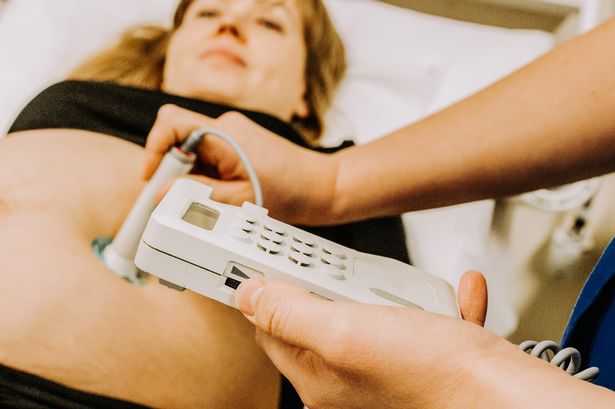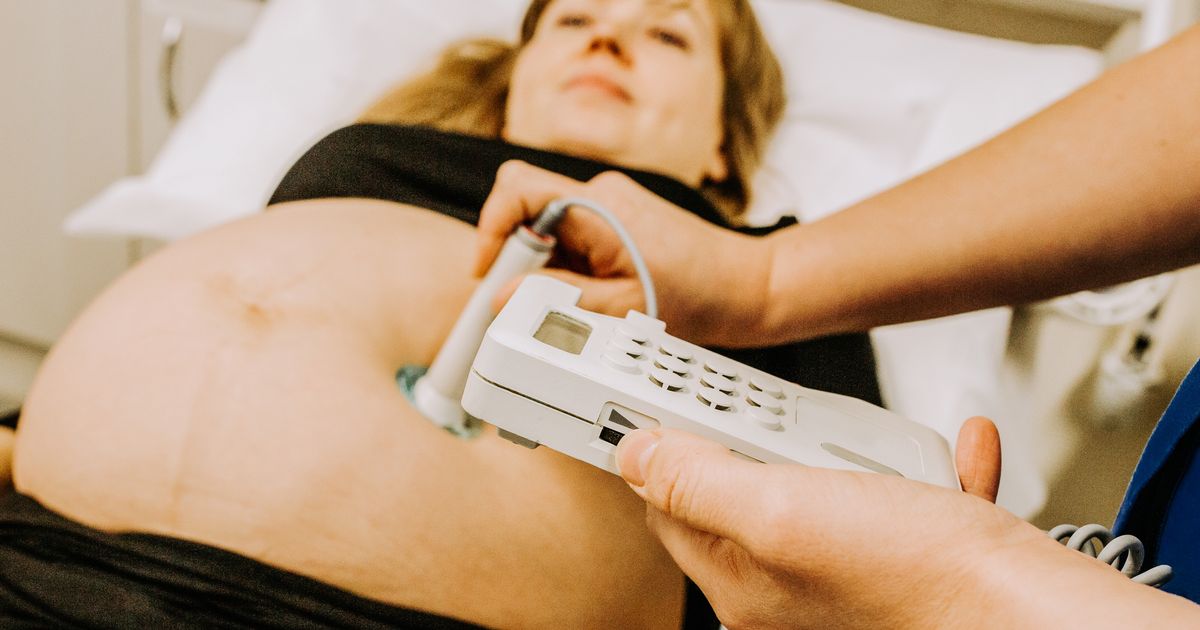That is the call of the head of a patient group, and health board chiefs said they are responding A patient group called Llais collected 515 responses about maternity services and neonatal care in the Swansea Bay University Health Board area (Image: Getty Images )
A patient group called Llais collected 515 responses about maternity services and neonatal care in the Swansea Bay University Health Board area (Image: Getty Images )
Women were left alone in labour or gave birth outside designated areas at Swansea’s Singleton Hospital, a hard-hitting patient watchdog report found.
Their experiences led some of them to question and even change future family planning decisions, and in some instances left physical and psychological trauma. One of the 515 people who responded to the survey by Llais Neath Port Talbot and Swansea said: “This experience is one of the main reasons I will not have any more children. I cannot go through all of that again.”
The patient group wanted to hear more about people’s experiences of maternity and neonatal services at Swansea Bay University Health Board after becoming concerned about this area of healthcare in Wales and the UK in 2023.
A report by Healthcare Inspectorate Wales (HIW) following a visit to the maternity unit at Singleton Hospital in September 2023 identified several immediate improvement areas.
At the time and for several months afterwards mums gave birth at Singleton Hospital, but last autumn the health board’s birth centre at Neath Port Talbot Hospital reopened and its home birth service was reinstated following significant investment in staff.
The views and experiences of the women and families who responded to Llais’s survey pre-dated these changes.
While some described compassionate and professional care, many others told Llais they felt unheard, unsupported or unsafe at different stages, especially during labour, after birth, or when trying to raise concerns.
Some of the experiences shared by the 515 people included:
– ‘I was told I wasn’t in labour because my contractions weren’t every 15 minutes but I had my baby on the toilet in the toilet cubicle in the hospital’
– ‘I was covered in blood and left in it all… I had blood running down my legs which meant the blood went on to the bed’
– ‘At birth I wasn’t checked for two hours I went to the toilet and rang the emergency cord I gave birth in that toilet cubicle’
– ‘I kept saying I was in pain, but they told me I wasn’t’
– ‘I felt like an inconvenience, patronised, and in the way. I asked for a bath and was judged for it. I asked for a pillow and was told, “What do you think this is? It isn’t the Hilton.”‘
– ‘All of the care side of things weren’t there. We call it healthcare but health is all there – in a very clinical meaning; but there’s absolutely no care’
– ‘I had to walk two wards to get to my baby after surgery – (then) I collapsed’
– ‘I was consultant-led. I had an accident in my car… I phoned them up. I said his movements have reduced. And they said just take paracetamol, rest up, and come back if his movement doesn’t return… Then I later found out that an accident is one of the main causes of a placental abruption. Which is how we actually lost our son.’
Some mothers shared positive experiences of maternity and neonatal services. Comments included:
– ‘I was treated with dignity, respect and kindness’
– ‘I was encouraged to write a birthing plan and was supported in following it’
– ‘Community midwife was amazing, very person-centred. Midwives on labour ward were excellent, so caring. They ensured I was listened to and advocated for me to medics’
– ‘True empathy, the doctor was confident and very experienced, he made me feel safe in such a scary situation; but remained honest and realistic through(out), I had contact details for situations which arose outside of the appointments’
– ‘All maternity aftercare was fantastic. I struggled with breastfeeding, and they were so helpful’
– ‘The consultants were professional and made me feel reassured’
– ‘The incredible support from the midwives and nursery nurses, their compassion and kindness will stay with me forever’
Llais’ report said serious safety concerns were raised across all stages of maternity care, ranging from dismissed concerns during pregnancy to poor monitoring in labour, degrading treatment and potential neglect in postnatal care.
It said: “Several people shared that they have changed their future family planning decisions; a number of people were delaying having another child until the Neath maternity unit had reopened, and a few women who lived on county borders told us were choosing other health board birthing units rather than Singleton.” Read the biggest stories in Wales first by signing up to our daily newsletter here
Llais’ report, which said around 3,400 babies were born in Swansea and Neath Port Talbot per year, cited many actions taken by the health board to improve maternity services and neonatal care but felt some of the improvements had taken too long.
Separately the health board has taken steps to respond the HIW inspection report from 2023, including commissioning an independent review with a final report expected this summer. Recruitment has been strengthened, and maternity services and its staff have won awards in 2024 and 2025.
Llais said 54% respondents to its survey said while their care during pregnancy was “good or better” they often described a less than positive quality of care and, on many occasions, inadequate or inconsistent care. It said 76% reported a negative experience or identified failures in their care.
Llais said behind every difficult experience was “a team of professionals doing their best in a pressurised environment” and that its report was not a critique of individuals.
Alyson Thomas, chief executive of Llais, said: “We’re grateful to everyone who took the time to share their story, many of them deeply personal and painful. These experiences must lead to action.
“This report isn’t about blame, it’s about listening and learning. Everyone needing maternity and neonatal care and support deserves safe, compassionate, and consistent care.”
Jan Williams, chairwoman of Swansea Bay University Health Board, said it didn’t under-estimate how difficult it will have been for those with negative experiences to have re-lived them while contributing to Llais’ report.
“That’s why we would like to once again apologise to and acknowledge the trauma and stress suffered by individuals with a poor experience or adverse outcomes,” she said. “We also welcome the report’s equal balance with the good examples of care and experience, and agree that we need these to be much more consistent.”
Health board chief executive Abi Harris said it was fully focused on strengthening services and that Llais’ findings have been shared with the separate independent review. Other clinical review work, she said, has also been carried out. She added: “As the Llais report shows, we are making improvements and investments in quality, services, staffing and how we listen to and act on what people tell us about their care and experience.”
Dr Denise Chaffer, chairwoman of Swansea Bay maternity and neonatal services independent review, thanked all those who contributed to Llais’ report. She said: “This report provides important feedback on some of the experiences that women and families have had when using maternity services in Swansea over the last few years; all of this vital information will form part of the independent review.”
